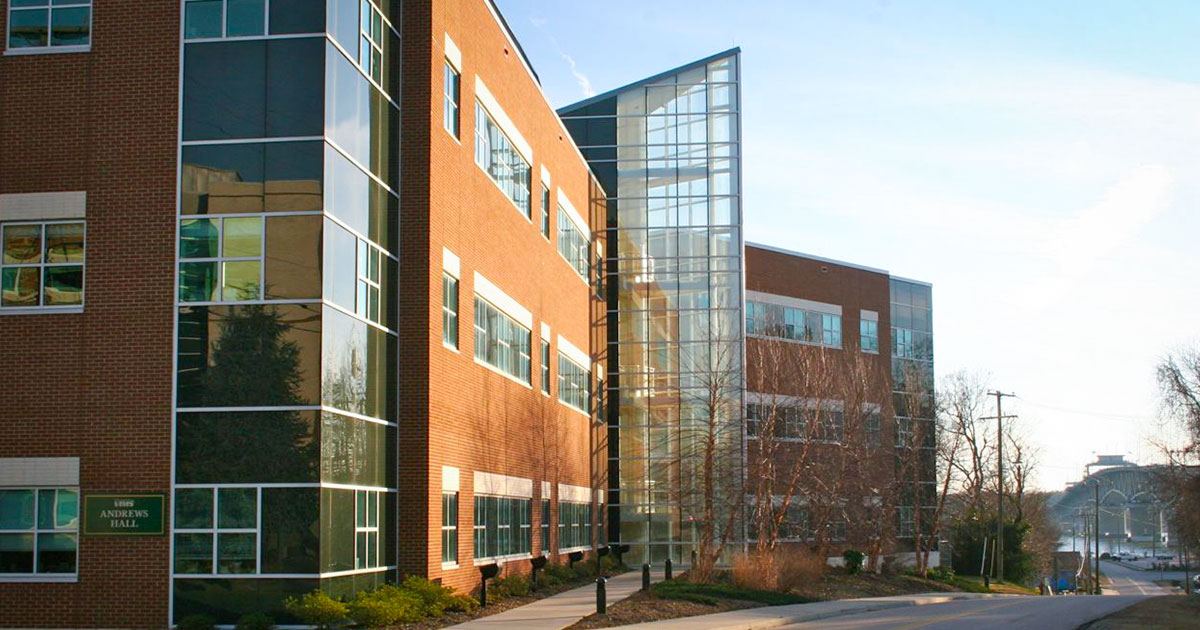2016 After Hours Lectures
Eels
(October 27, 2016) Each spring pulses of young American eels migrate into Chesapeake Bay as part of a complex life cycle that brings these creatures from the open waters of the Sargasso Sea to shallow, turbid estuaries from Greenland to Venezuela. VIMS professor Mary Fabrizio describes efforts to study juvenile eels in light of recent declines in landings of adult American eels along the Atlantic coast. Those declines are clearly evident from the VIMS Trawl Survey, which has been recording the abundance of eels and other fishes in Virginia's waters since 1955.
Harmful algal blooms
(September 29, 2016) Harmful algal blooms, otherwise known as "red tides," are of growing concern in coastal waters worldwide, including Chesapeake Bay. VIMS professor Kim Reece, a member of Virginia's Harmful Algal Bloom Task Force, explores the human activities and natural factors that encourage microscopic algae to form dense blooms, and the effects that some of these blooms can have on marine life and human health.
Climate, coral reefs, and resilience
(August 25, 2016) Healthy coral reefs support an astounding diversity of marine life and provide countless benefits to people via coastal protection, food, jobs, medicine, recreation and more. Join us as VIMS alumna Britt Parker, climate coordinator with NOAA’s Coral Reef Conservation Program, explores how climate change and ocean acidification threaten coral reefs worldwide, and explains how fostering more resilient reefs may be an effective strategy to address the impacts of these and other human impacts. View archived video online.
Life after catch: Insights into the movements, behavior and survival of released billfish
(July 28, 2016) Billfish--including white and blue marlin--are some of the ocean's most remarkable predators. VIMS professor John Graves, a world-renowned expert on billfish science and management, explores how he and his colleagues use satellite tagging of billfish to better understand the magnitude of post-release mortality and measures that can be taken to promote survival. View archived video online.
The shocking truth about sharks
(June 30, 2016) Fish physiologist Richard Brill describes the successes and challenges of his team's attempts to develop practical methods to deter sharks from fishing gear, as well as a range of other studies including those designed to understand how global climate change may affect sharks in Chesapeake Bay and nearby coastal environments. View archived video online.
Whimbrels: the wide-ranging wader
(March 31, 2016) From the Amazon River to Arctic Canada, whimbrels undertake one of the world's most amazing avian migrations. Dr. Bryan Watts, Director of the Center for Conservation Biology, highlights efforts to study this shorebird and the importance of its springtime stopover on Virginia's Eastern Shore. Watts also describes the Center's whimbrel-tracking research and introduce Project Whimbrel Watch. View archived video online.
Ocean plastics: sources, impacts, and alternatives
(February 25, 2016) VIMS researchers Kirk Havens and Rob Hale join forces to explore pollution of the ocean by plastics. Havens, who directs the Marine Debris program at VIMS, focuses on the source of ocean plastics--both the large items that catch public attention and a floating soup of microplastics--and showcase his work to develop biodegradable alternatives. Hale, an environmental chemist, describes how ocean plastics can potentially introduce toxic chemicals into the marine food web. View archived video online.
Native Use of the Chesapeake
(January 28, 2016) Native Americans have relied on Chesapeake Bay's natural resources for thousands of years. W&M anthropology professor Martin Gallivan uses archaeological evidence and colonial accounts to reveal the tools and techniques employed by local tribes to harvest the Bay's bounty. He also explores how new research using environmental data from sediments, shells, and bones could help paint an even richer picture of Algonquian use of marine resources. View archived video online.

